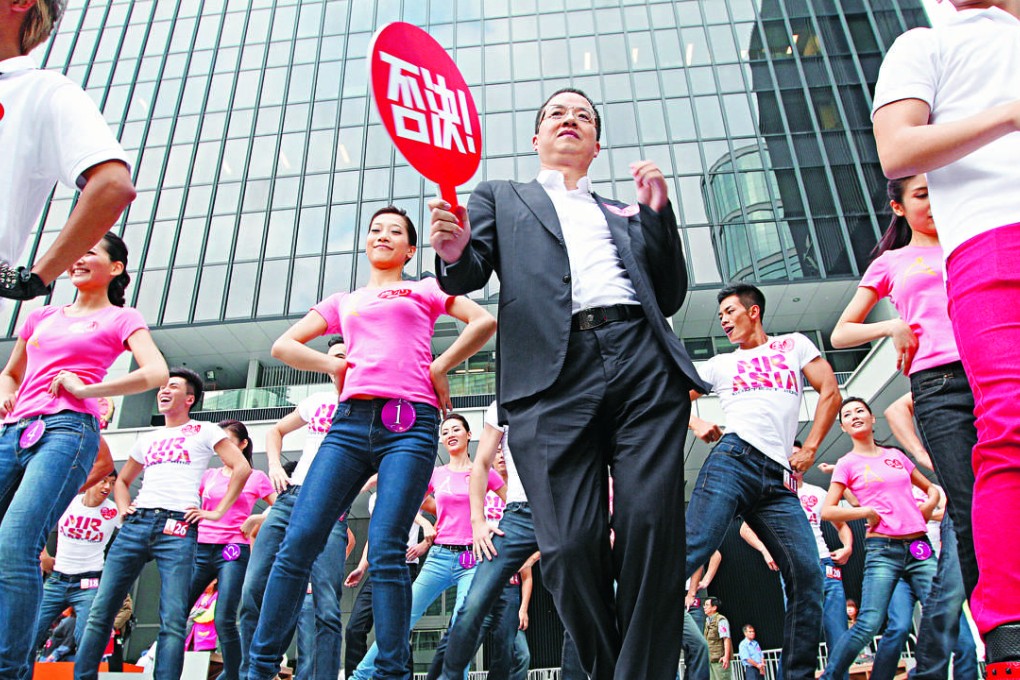59 years in the making: how Hong Kong’s Asia Television went from a pioneering broadcaster to final death
In its heyday people flocked to watch its programmes; later it stopped making its own shows and even news programmes

From being the world’s first Chinese-language TV station to being a laughing stock in Hong Kong, the long-running reality drama of 59-year-old Asia Television finally drew to a close last night as its free-to-air TV licence expired.
How ATV became an icon
ATV started out as a trendsetter. In 1957, British broadcaster Rediffusion launched a pay-TV service in Hong Kong. Besides news and entertainment, Rediffusion also led the trend in acquiring Japanese anime shows, including Osamu Tezuka’s Astro Boy in 1966.
Battle for Hong Kong viewers heats up as ATV fades from the screen
Rediffusion became a free-to-air broadcaster in 1973. The rise of young creative talent at Rediffusion, such as Johnny Mak Tong-hung and Stephen Shiu Yeuk-yuen, who both went on to become star filmmakers, boosted its fortunes.
Notable hits included long-running modern drama Crocodile Tears (1978) and Fatherland (1980), which tells the tales of farmers in modern Chinese history. Fatherland trumped TVB’s ratings, capturing 60 per cent of viewership at the time.
Rediffusion was renamed Asia Television in 1982 when Deacon Chiu Te-ken, founder of Far East Holdings, took over. Known for his tight fiscal discipline, ATV under Chiu was a profitable outfit, with a slew of new shows including the Miss Asia beauty pageant.
Countdown to final ATV show begins as former stars share feelings on station’s demise
In 1988, a year after a fire that nearly burned down the station’s headquarters, Lai Sun Group founder Lim Por-yen took over ATV in another reshuffle.
